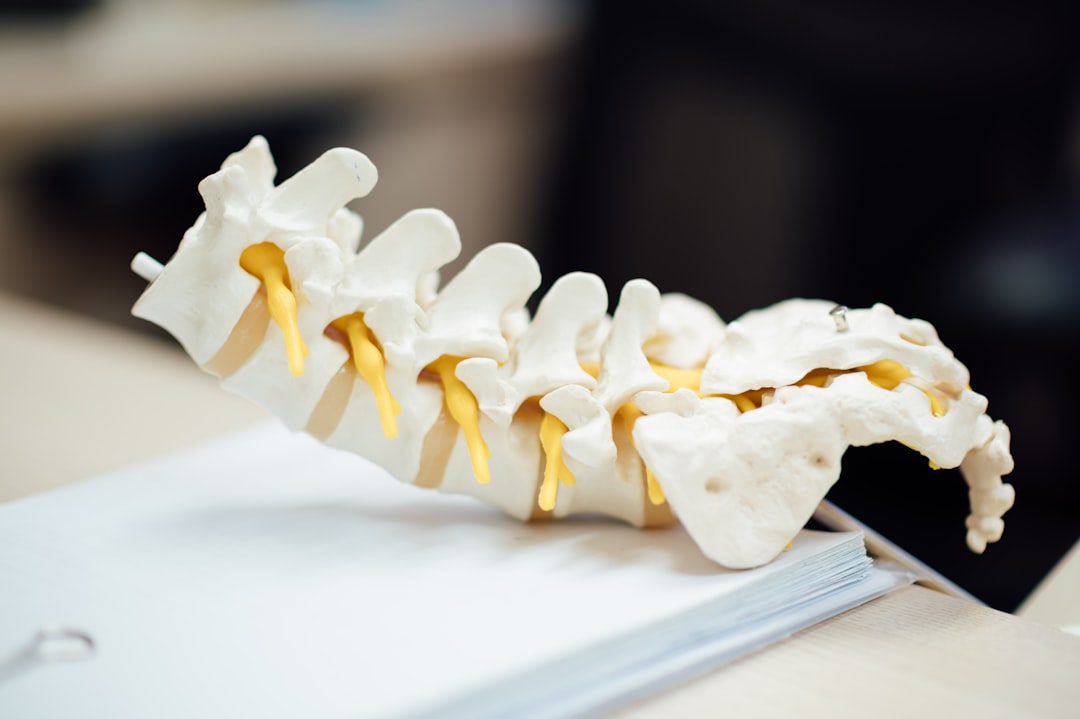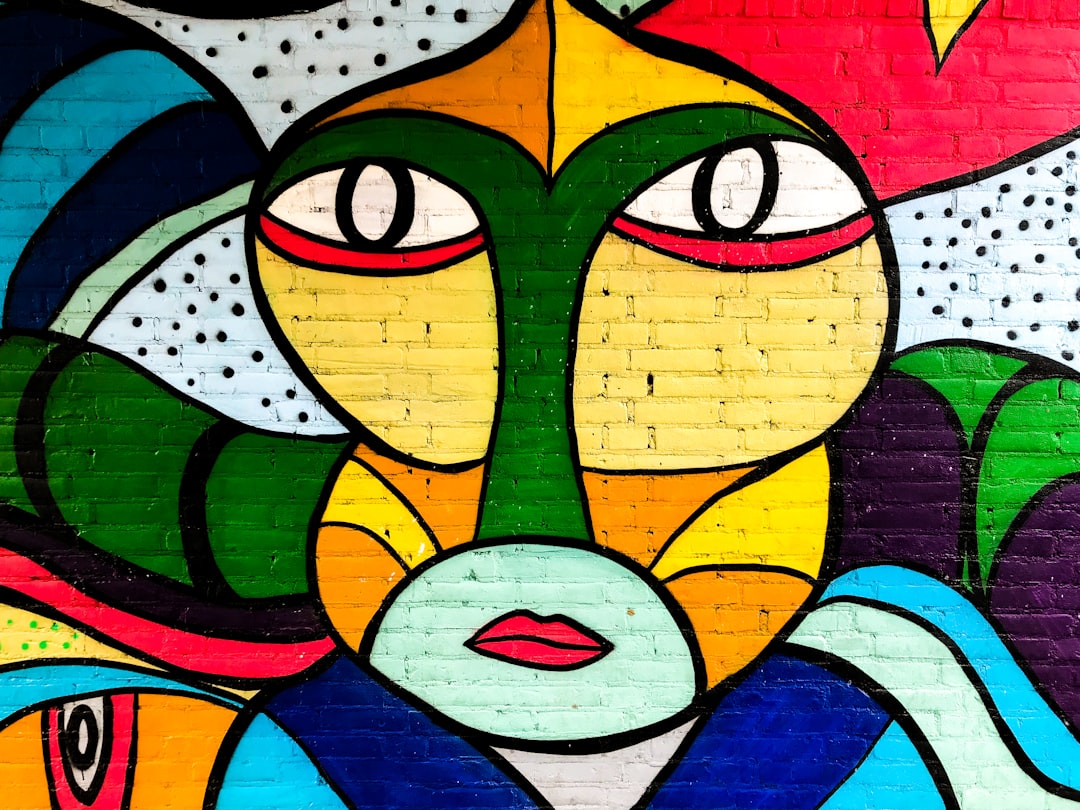What is it about?
This paper outlines how people create 'if only' thoughts about how things could have turned out differently, and the role of these counterfactual thoughts in explanations of the past, and in the formation of intentions for the future, as well as their effects on emotions such as regret or relief, and moral judgments such as blame or responsibility. The paper considers alternative theories of the mental representations and cognitive processes that underlie how people reason about counterfactual alternatives, including the idea that people envisage possibilities or calculate probabilities.
Featured Image
Read the Original
This page is a summary of: Counterfactual Thought, Annual Review of Psychology, January 2016, Annual Reviews,
DOI: 10.1146/annurev-psych-122414-033249.
You can read the full text:
Contributors
The following have contributed to this page










